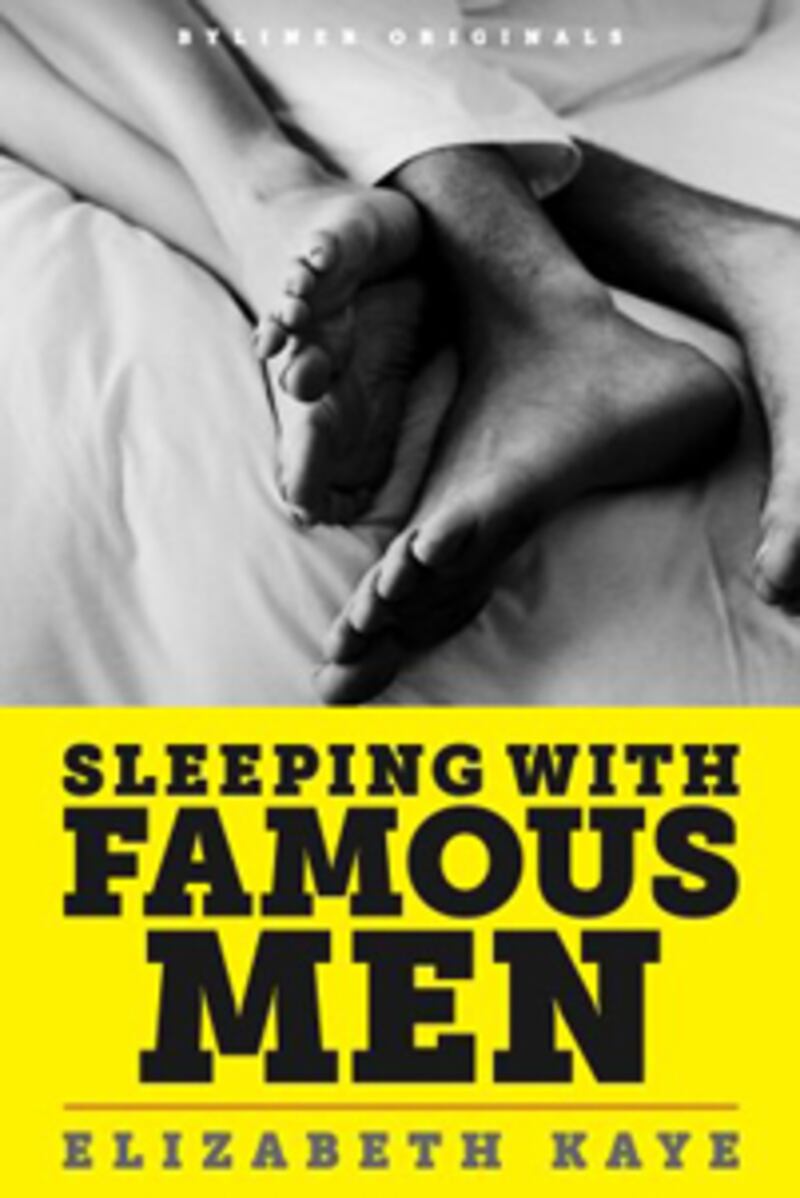The first thing I thought when reading about Mimi Alford was, how would she feel today if she had turned JFK down? Would she feel that she’d done the ethical thing, or would she feel that she’d forgone the experience of a lifetime?
Then again, the more relevant query is, how would you feel in her situation? For, ultimately, one of the more arresting aspects of her story is that it’s a litmus test that divides women who wonder how could she from those who wonder how could she not?
In the spirit of disclosure, I belong to the latter group, having discovered many years ago that I am better suited to being a mistress than a wife. And that is what I have been—for better and for worse, as they say—largely because I’ve always been drawn to the romance of intrigue, the danger of the stolen moment, the risky, inherent sexiness of the forbidden.
ADVERTISEMENT
All that became plain to me during my first affair with a married man, who happened to be an anchorman at one of the networks. One night, when we had been seeing each for a brief while, he turned up with his wife at a nondescript restaurant on Manhattan’s West Side where I was having dinner with my sister. They took a table near the back; then he came over to my table, having told his wife, I later learned, that I was an intern for another news program. What followed was several minutes of strained conversation made all the more bizarre by the fact that my face was still red in places where, a few hours earlier, his afternoon stubble had rubbed against it.
His wife was in my direct line of vision. She was at least 15 years older than I was, which is a lot when one person is in her early 20s and the other is a few years shy of 40. Her sweet face and mild manner should have engendered that watershed moment cherished by aficionados of romance novels, when the intrusive mistress recognizes that her lover’s place is with his noble wife and insists that he return to her, in the process demonstrating her penchant for self-sacrifice and belated decency.

But I did not want to tell him to go, though I recognized the moral principles involved, especially the ones I was violating. I knew exactly what I ought to do just as I knew that I had no intention of doing it. In that sense, I was like the cleavage-baring music fan I’d met backstage when I was writing about a singer who had long been married. Someone had mistakenly introduced me to her as the singer’s wife, and she had looked me hard in the eye and said, “I don’t care.”
Now that it was turning out that I didn’t care either, I was discovering that having sex with a married man seems a lot more acceptable when you are the one engaging in it.

So it went, and there were many married men, and the one I cared for most broke my heart. That felt fair, karmic, a small step toward evening up the score. I should have stopped seeing married men after that, but I didn’t. Cut to 20 years later, and I’m riding in a limousine with an actor, his manager, and his wife. The men had taken the jumpseats; his wife and I were in the backseat, which put me diagonally across from where the actor was sitting. To that point, nothing had happened between us, but then he glanced at me and I glanced back, and before we both looked away I knew where we were headed, and it wasn’t merely the Oak Room for dinner.
Did his wife suspect anything, I wondered, and if so, did she care? They had been married many years, and perhaps she had become adept at looking the other way, at replacing the amorphous dictates of passion with the tangible perks of 19th-century berry spoons and Frette sheets. At dinner, she instructed the waiter to augment the french fries her husband had ordered with a side of spinach. He was not keen on spinach and refused to allow it onto his plate, thus injecting domestic angst into an otherwise enjoyable evening.
As the orphaned vegetable cooled in its pewter serving vessel, his foot found mine beneath the table, and it struck me how limited a woman’s choices are when it comes to love. You could be happily single, or in a mutually gratifying union, but failing those attractive possibilities, you were left to be miserably alone, or to be the woman a man cheats on, or the woman he cheats with.
Familiar as I was with the costs of the latter—the unavoidable bouts of guilt, the fear of exposure, the being consigned to spend holidays alone—those trials seemed preferable to insisting that your terminally uninterested mate must eat his spinach, especially when he was a stunning man who would have no trouble rounding up a claque of women who would be perfectly happy to be with him if he subsisted on nothing but Mars bars.
As it happens, that evening was the prelude to an affair that ended badly, yet I’m not at all sorry that it occurred. One thing I learned, which I suspect Mimi Alford learned too, is that, given the plethora of attractive married men, being a mistress is viable if you are convinced that the only things you’ll ever regret are the things you never did.




